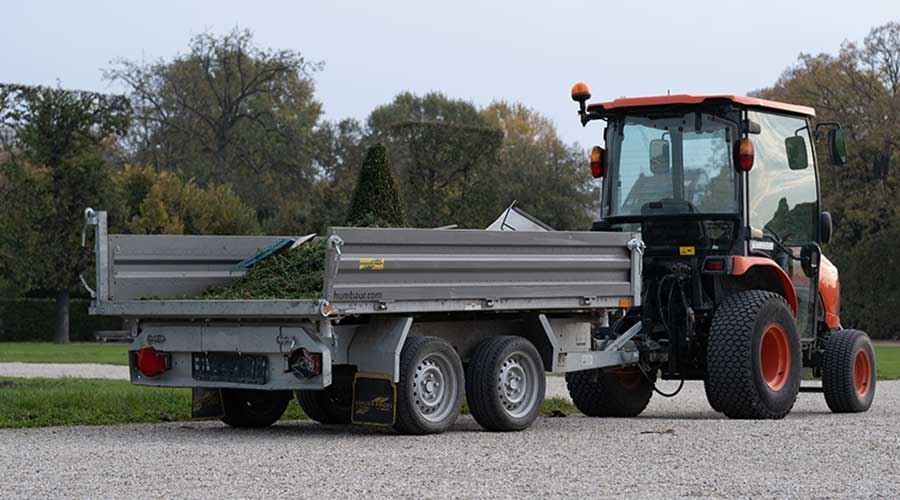New-Generation Utility Vehicles Offer Sustainability Benefits
Perhaps the most important changes in new-generation utility vehicles relate to the features and technology designed to address environmental concerns. Manufacturers understand that without such features, their products probably will not get serious consideration.
"That's almost table stakes to get into this game," Claus says, referring to the emphasis on the environment and, particularly, sustainability. Of special interest for many managers is the source of the vehicle's power. Many managers are trying to determine the full impact of buying a vehicle that uses an alternative fuel, such as bio-diesel, electricity, or propane.
"There's always a segment of the market that's looking for alternative-fuel options," says Craig Knipfer with Bobcat Co., adding many customers "still don't know what's out there." In some ways, the relatively small number of such vehicles sold contributes to specification challenges.
"They (alternative fuels) are not popular enough for people to be comfortable with yet," Knipfer says. Still, interest is growing.
"There are certainly some (customers) who want to do such things as bio-diesel," Gilbeck says. "Some are looking for electric utility vehicles. Some folks are looking for propane, but they are few and far between."
In some cases, favorites have emerged from the pack.
"We've started seeing diesel engines becoming more popular in the buildings and grounds market," Claus says. "They're not as popular as gasoline (engines), but they are popular in this market. Diesel engines can last quite a bit longer (than gasoline engines) if they are maintained properly."
Maybe the most important hurdle for managers involves learning about the pros and cons of each equipment option.
"There's a lot of education that needs to be done," Claus says, referring specifically to Tier 4 requirements from the U.S. Environmental Protection Agency that affect utility vehicles and other grounds equipment. The requirements govern diesel engines manufactured after Jan. 1, 2011, and aim to reduce emissions from non-road diesel engines by integrating engine and fuel controls.
Related Topics:














